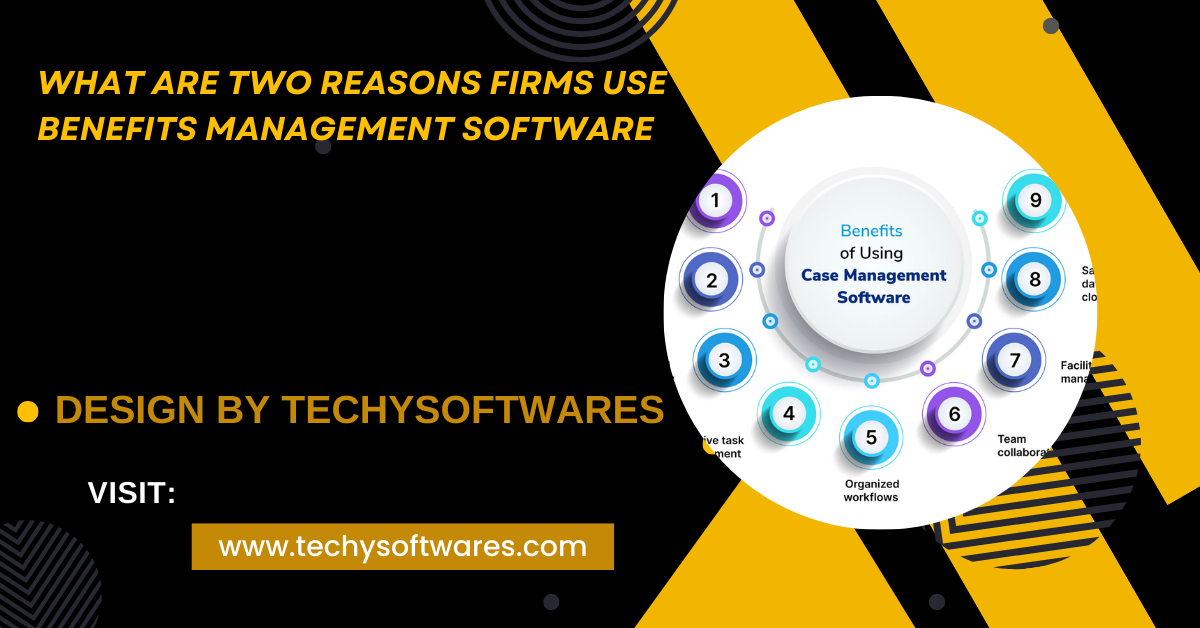Pairing a minor in analytics with software engineering enhances problem-solving skills, bridges the gap between software and data, and opens up diverse career opportunities in data-driven fields.
This article explores why analytics can be an excellent minor to go with software engineering, how it enhances career opportunities, and its long-term benefits.
Bridging the Gap Between Software Development and Data:
Software engineering is primarily focused on designing, developing, and maintaining software systems. However, as technology advances, data plays a more central role in decision-making processes. Analytics, which involves analyzing and interpreting data, helps bridge the gap between software development and the insights generated from the software itself.
With a minor in analytics, you can enhance your ability to create data-centric applications, implement data processing algorithms, and optimize systems based on real-time data. This intersection of skills enables you to design better software solutions that are more aligned with business goals, improving overall decision-making.
Enhancing Problem-Solving Skills:

One of the core skills in both software engineering and analytics is problem-solving. While software engineers focus on solving technical issues through code, analytics trains you to solve business and operational problems by interpreting and visualizing data.
With an analytics minor, you’ll gain a better understanding of how to use data to detect patterns, predict outcomes, and make informed decisions. These enhanced problem-solving abilities give you a competitive edge in the workplace, allowing you to design more effective and efficient systems based on data insights.
Boosting Career Opportunities in Data-Driven Fields:
The demand for software engineers with analytics skills is growing rapidly across industries such as finance, healthcare, retail, and technology. Companies today are increasingly relying on data to improve customer experiences, enhance operational efficiency, and drive innovation.
Having an analytics background allows you to work in data science, machine learning, business intelligence, and big data roles that often require both software engineering and analytics expertise.
By combining software engineering with analytics, you’ll be well-positioned for jobs like:
- Data Engineer
- Machine Learning Engineer
- Full Stack Developer with Data Focus
- Business Intelligence Developer
- Software Developer in Analytics-Based Industries
Improved Software Performance and Optimization:
Software engineers are often tasked with creating systems that process and analyze large volumes of data efficiently. Understanding analytics provides you with the knowledge to optimize software for better performance. You’ll learn how to handle big data, improve database management, and implement more effective data pipelines.
With an analytics minor, you’ll have the skills to identify performance bottlenecks, optimize queries, and improve system scalability. This ensures that your software solutions are not only functional but also efficient and scalable in handling real-world data loads.
Expanding Knowledge of Key Tools and Technologies:
A minor in analytics will expose you to critical tools and technologies commonly used in the data field, which are also relevant to software engineering. These include:
- SQL and NoSQL databases
- Data visualization tools like Tableau and Power BI
- Machine learning frameworks such as TensorFlow and Scikit-learn
- Data analysis languages like Python and R
Proficiency in these tools complements your software engineering skills, making you a more versatile and valuable candidate. Many software development projects require interaction with databases and data processing, so knowledge of these technologies can streamline your workflow and increase your efficiency.
Strengthening Collaboration with Data Teams:
In the modern workplace, cross-functional collaboration is crucial for success. Software engineers frequently work alongside data scientists, business analysts, and machine learning engineers. Having a minor in analytics allows you to better understand the work of these teams, enabling more effective collaboration.
You’ll be able to communicate more effectively with data professionals, understand their requirements, and integrate data-driven solutions into software products. This interdisciplinary skill set can lead to faster project completion and more innovative solutions.
Future-Proofing Your Career:
As the demand for data continues to grow, having expertise in analytics ensures that your skills will remain relevant and in-demand. The combination of software engineering and analytics allows you to be flexible and adapt to emerging trends such as:
- Artificial intelligence (AI)
- Data science
- Predictive analytics
- Automation technologies
Industries are increasingly focusing on using data-driven insights to improve their operations and services. By developing skills in both software engineering and analytics, you’ll be well-prepared to take advantage of future career opportunities that arise as data continues to reshape the technology landscape.
FAQ’s
1. Why is analytics a good minor for software engineering?
Analytics enhances problem-solving, improves decision-making, and provides skills in handling data, making it a valuable complement to software engineering.
2. How does analytics improve problem-solving in software engineering?
It helps you use data to detect patterns, predict outcomes, and design more efficient software solutions aligned with business goals.
3. What career opportunities does a minor in analytics open up for software engineers?
It expands opportunities in data-driven fields like data engineering, machine learning, business intelligence, and big data roles.
4. How does analytics improve software performance?
Analytics provides tools to optimize software for big data, improve database management, and ensure scalability in real-world applications.
5. What tools and technologies can I learn with a minor in analytics?
You’ll learn key tools like SQL, NoSQL, Tableau, Python, and machine learning frameworks like TensorFlow, complementing your software engineering skills.
6. How does a background in analytics help with collaboration?
It allows you to effectively collaborate with data professionals like data scientists and business analysts, enhancing team success.
7. Can analytics future-proof my career in software engineering?
Yes, analytics ensures relevance in emerging fields like AI, predictive analytics, and automation, preparing you for future opportunities.
8. What are the long-term benefits of combining software engineering with analytics?
The combination builds a versatile skill set, improves employability in data-driven industries, and enhances your problem-solving and decision-making capabilities.
Conclusion
Pairing a minor in analytics with a major in software engineering is a smart choice that offers long-term career benefits. The combination allows you to develop a versatile skill set, bridging the gap between software development and data analysis. You’ll enhance your problem-solving abilities, expand your career opportunities, and position yourself for success in data-driven industries. In a world where data is increasingly at the heart of decision-making, having expertise in both software engineering and analytics makes you a valuable asset to any organization.



